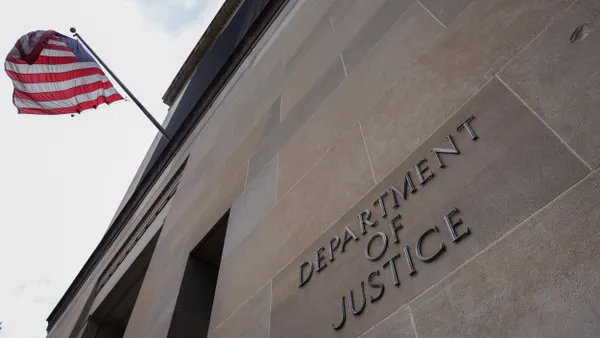Dive Brief:
- Congresswoman Suzan DelBene (D-WA), Congressman Ben Ray Luján (D-NM) and Senator Maria Cantwell (D-WA) introduced legislation on Monday, dubbed the "Smart Cities and Communities Act of 2017," that would authorize $220 million a year for five years, totaling $1.1 billion, to help spur the advancement of smart cities.
- According to the announcement, city officials across the country contributed to designing the legislation. It would boost federal coordination of smart cities programs, give resources and assistance to cities looking to pursue smart projects and work to develop a technologically-savvy workforce to work in smart cities.
- Additionally, the bill would work to enhance smart cities technologies while addressing both cybersecurity and privacy concerns. "In a time of shrinking local government budgets this bill allows us to bring smart technologies to our cities so that communities of all sizes can better serve their citizens," Cantwell said in a statement.
Dive Insight:
Recently, Congress has been taking some action to spur smart cities innovations — especially as related to self-driving technology. According to a recent poll, 75% of Americans said they would pay higher taxes if it meant improved infrastructure, demonstrating that U.S. taxpayers may be willing to support smart cities projects, especially ones that focus on infrastructure like this one does.
While massive problems like the opioid crisis are draining city budgets nationwide, it can be difficult for cities to invest on their own in smart infrastructure, like connected poles or trash compactors. A little federal investment could go a long way in boosting smart cities projects around the country, especially in smaller towns.
However, the announcement does not make any mention of any Republican co-sponsors. Politics in the U.S. are seemingly more divisive as ever, so a bill introduced without bipartisan support may not have much of a chance. While President Trump has signed an executive order to streamline infrastructure projects, the White House also scrapped plans for an infrastructure council. The conflicting signals from the White House, in addition to the lack of bipartisan support, could mean that this bill is dead on arrival.











